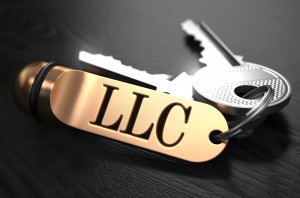When you are in your 20s, you probably don’t give a whole lot of thought to what happens to your property and possessions after you pass away. This is probably even more accurate if you have graduated recently from college and the majority of your belongings are relatively inexpensive. That being said, you might be under the impression that you can avoid making a will because you probably think you have a long time to continue living and accumulating more assets. 
However, if you were one of the lucky individuals who inherited wealth while in college or somehow struck it rich otherwise, you should definitely consider drafting a will. Even if you don’t engage in dangerous activities like riding motorcycles, accidents can and do still happen. With a will in place you can be sure that your significant other, your siblings or your parents are taken care of. If you fail to write a will, all of your property will instead pass through state laws for intestacy and will more than likely end up with your parents. Set up a meeting to consult with a New Jersey estate planning attorney in the event that this can help you regain more control over your own situation. Even those single individuals under the age of 30 can benefits from estate planning.


















